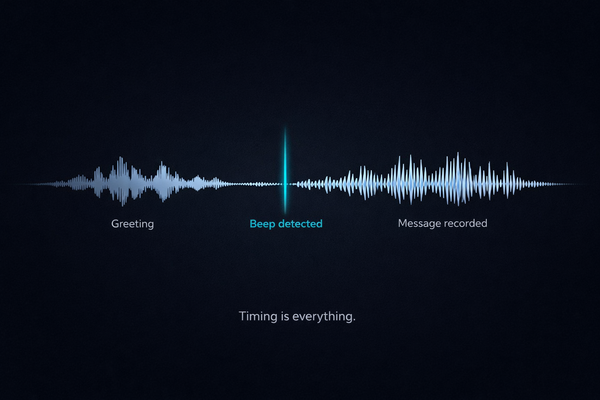[AI Digest] Agents Optimize Safety Voice Reasoning
![[AI Digest] Agents Optimize Safety Voice Reasoning](/content/images/size/w1200/2025/10/Slide-16_9---3--4--15.png)
Daily AI Research Update - October 8, 2025
Today's AI research landscape reveals groundbreaking advances in agent system optimization, voice technologies, and critical safety improvements. These developments are particularly relevant for platforms building sophisticated AI agents for customer experience, with papers addressing real-world challenges in planning, tool use, and multi-modal interactions.
📌 In-the-Flow Agentic System Optimization for Effective Planning and Tool Use
Description: A novel framework for optimizing LLM agents' planning and tool usage capabilities in real-time, enabling more effective decision-making during complex interactions.
Category: Chat Agents
Why it matters: This research directly addresses the challenge of making AI agents more effective at handling complex customer interactions by improving their ability to plan ahead and use available tools intelligently.
📌 DRAX: Speech Recognition with Discrete Flow Matching
Description: A breakthrough approach to speech recognition using discrete flow matching techniques that promises improved accuracy and reduced latency.
Category: Voice Agents
Why it matters: This could significantly enhance voice agent capabilities, enabling more natural and responsive conversations with customers in real-time scenarios.
📌 Refusal Falls off a Cliff: How Safety Alignment Fails in Reasoning?
Description: Critical research revealing vulnerabilities in safety-aligned LLMs during complex reasoning tasks, showing how safety measures can catastrophically fail.
Category: All Agent Types
Why it matters: Understanding these failure modes is essential for building reliable customer-facing AI agents that maintain safety guarantees even in challenging scenarios.
📌 ARM: Discovering Agentic Reasoning Modules for Generalizable Multi-Agent Systems
Description: A method for creating modular reasoning components that can be shared across multiple agents, enabling more sophisticated multi-agent coordination.
Category: Chat Agents
Why it matters: This approach could enable the development of more sophisticated multi-agent customer support systems where agents can share knowledge and reasoning capabilities.
📌 VeriGuard: Enhancing LLM Agent Safety via Verified Code Generation
Description: A safety framework for LLM agents that generates formally verified code to ensure safe and reliable actions.
Category: Web Agents
Why it matters: Critical for ensuring web agents perform safe and predictable actions when interacting with customer systems and data.
📌 MixReasoning: Switching Modes to Think
Description: A novel approach allowing LLMs to dynamically switch between different reasoning modes based on the task at hand.
Category: Chat Agents
Why it matters: This flexibility could dramatically improve chat agents' ability to handle diverse customer queries by adapting their reasoning approach to each specific situation.
📌 Speech Emotion Recognition: Addressing Subjectivity and Ambiguity
Description: Research addressing the challenges of subjective annotation and emotional ambiguity in speech recognition systems.
Category: Voice Agents
Why it matters: Better emotion understanding could help voice agents provide more empathetic and contextually appropriate customer service.
📌 HalluGuard: Evidence-Grounded Small Reasoning Models
Description: Small models specifically designed to detect and prevent hallucinations in retrieval-augmented generation systems.
Category: All Agent Types
Why it matters: This could significantly improve the reliability of all agent types by preventing them from generating false or misleading information.
📌 D2E: Scaling Vision-Action Pretraining on Desktop Data
Description: A framework for training AI agents using desktop interaction data to improve their ability to navigate and interact with web interfaces.
Category: Web Agents
Why it matters: This approach could enhance web agents' capabilities in understanding and interacting with complex user interfaces.
📌 BIRD-INTERACT: Re-imagining Text-to-SQL Evaluation
Description: A new benchmark for evaluating LLMs' ability to interact with databases through dynamic, multi-turn conversations.
Category: All Agent Types
Why it matters: Better database interaction capabilities are crucial for agents that need to access and query customer data effectively.
This research roundup supports Anyreach's mission to build emotionally intelligent, visually capable, and memory-aware AI agents for the future of customer experience.




![[AI Digest] Agents Coordinate Plan Deploy Scale](/content/images/size/w600/2025/07/Daily-AI-Digest.png)